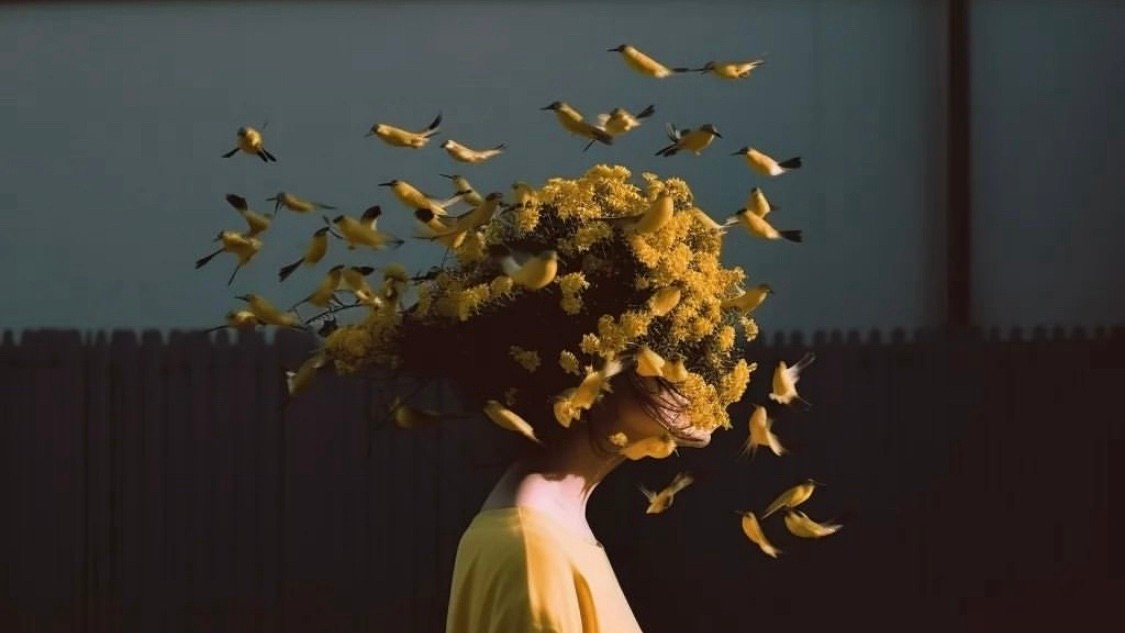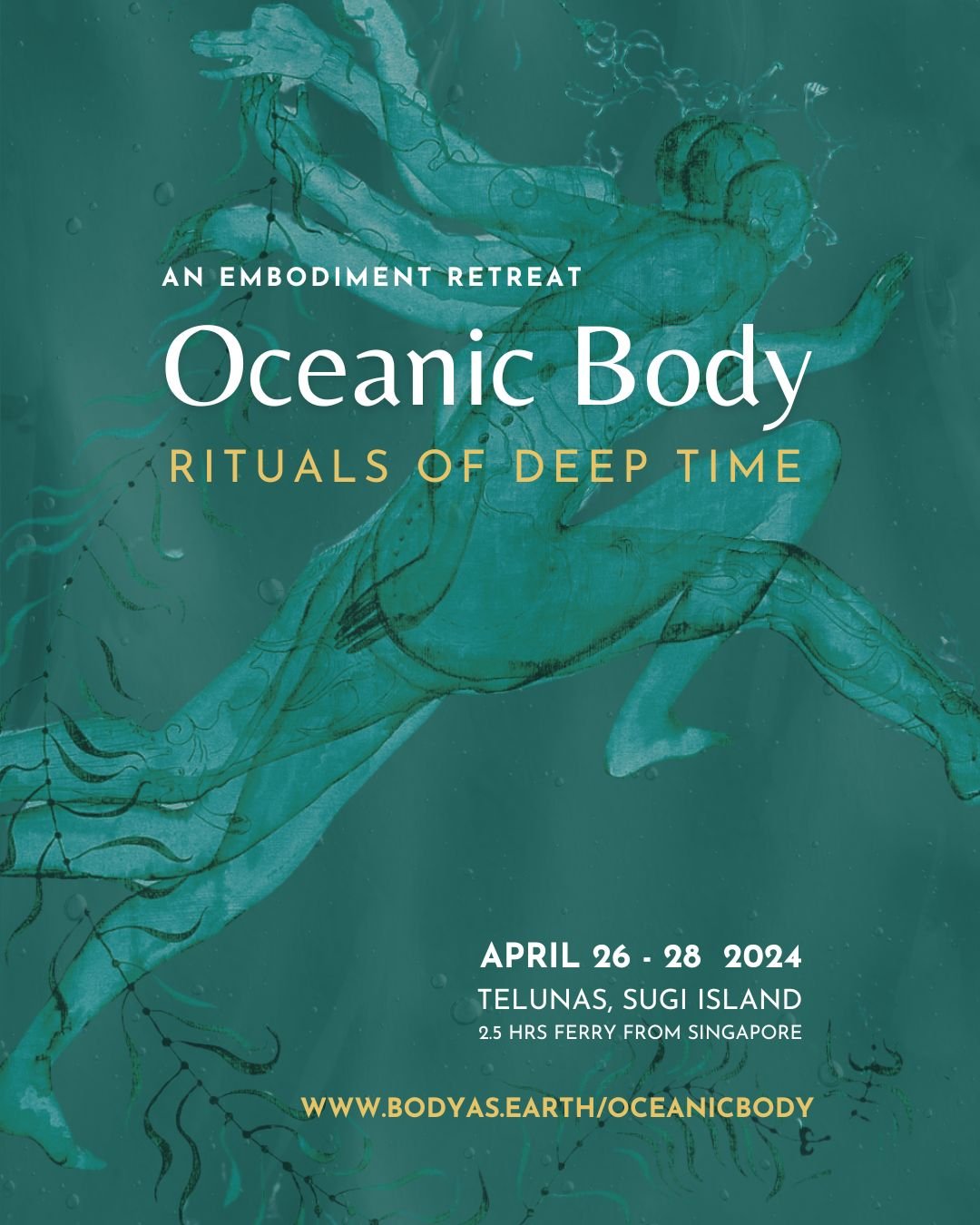It is said that we have an average of 60,000 thoughts per day. Of which, most are detrimental or useless. Why can’t we easily find a peaceful mind? Why is it so noisy in our heads? Why do we go into mental loops, especially around judgement? Why is it so hard to relax?
Well, these questions have a long list of obvious answers — from the climate catastrophe, to living amidst late stage capitalism, to the collective suffering amidst war, traumatic family dynamics, and beyond. Despite the beauty and joys of living — the negative experiences seem to have an impactful affect on our bodies and minds.
Deep rest is a state different from sleep — that is just as important, of course. Deep rest can be in a moment of having a meal, or in the company of a good friend, or taking a long walk, or sitting in quiet. However, in today’s modern world, we find ourselves in states of fatigue, burn-out, or exhaustion. Even with sleep, we do not feel rested.
Cultivating stillness and restfulness is a skill. Internal stillness is dynamic — your sensorial awareness is heightened, thus the awareness of your body is also refined. It’s not a space to bypass our thoughts, but to unwind them, soften our harsh criticism and judgements, sometimes follow them to their root, or let go — really let go.
So, how do you do it? How do you cultivate stillness in a chaotic world?
1. We are relational beings.
We are inherently relational beings. The power of mirror neurons show that within a space with other people, we are affected by them. That’s why we work better in co-working spaces or cafes where other people are in the same mood, or we have more focus in the gym, or we can clarify how we are feeling when a good friend hearing us out.
Being in a meditative state with ten people doing the same thing will be easier than one person meditating. We all have nervous systems that are like electricity circuits, and each of our systems tune in with the each other — subconsciously.
Being in community, helps. It puts us at ease knowing that there are people we can rely on, starting with ourselves. It also puts us in unstable states, when we are in relationships that are harmful or detrimental to our wellbeing. Finding healthy and enlivening ways to relate is crucial for our states of rest.
2. Diversify your perspective.
If we find ourselves in an echo-chamber, where we are only around people who think like us, or we are in a familiar loop of social circuits or personal habits, it may in-still a similar pattern we have been in for a long time. The constant nature of life is change. If we resist change because it is comfortable where we are — it might be a sign to shake things up!
Diversifying the way we look at the world, affects the way we are being, and thus affects the way we are doing. Often times, it has to start with perspective or insight. What are ways you can see new ways of living?
Perhaps, it might be to experience something you normally would not, or is a little outside of your comfort zone. Our evolution of growth and expansion is often on the edge, not in the comfort of the center.
3. Let go of your narratives.
This is probably the most challenging. We all have self-cherishing views that we want to hold or grip onto, so tightly, because we believe that we are right. It feels affirming to be right, and it is a natural urge to seek affirmation. It helps to check in on our own sense of righteousness, a fine line between arrogance and affirmation.
The looping stories we have of the past is often a sign that something has not been cleared from that moment in time. If they continue to ring in our heads, it is often a sign that it is seeking our attention or calling us into a deeper wound. How do we let go of those looping narratives?
There is no one way or one answer. However, I can say that it will be a necessary step to let go of the mental chatter by connecting deeper into the body. The body holds sensorial intelligence that is way beyond our logical and rational mind. It can help us to find what we often seek — letting go, gentleness, support, and more.
Seeking as a most natural and inherent human tendency. We came into this earth as seekers – for our Mother’s milk, for connection, for relationship, for stability. Seeking is a state that is ours to behold of, tenderly and willingly. I pray that you find what you seek, as what you seek, often is seeking you.










